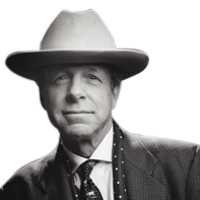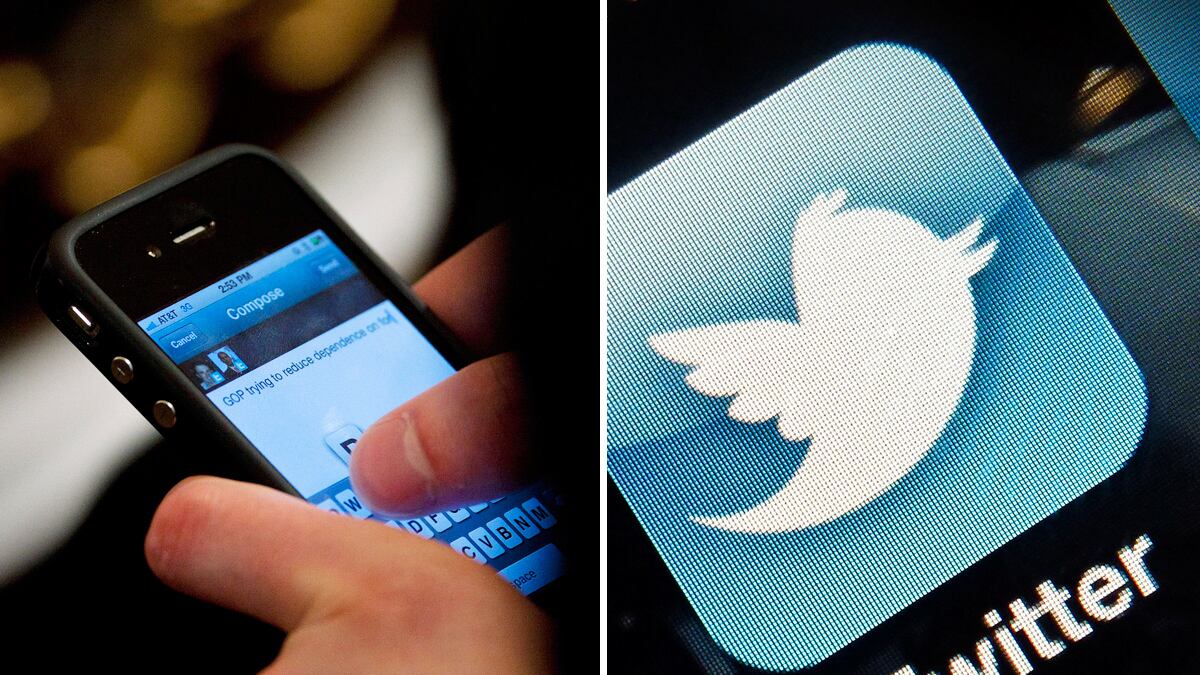Six words transmitted wirelessly late in the evening of Nov. 7, 2000, foretold an event that forever changed American politics. Campaign manager Donna Brazile sent Al Gore a message on his BlackBerry 850, still relatively new technology that the Bush campaign did not have. That message: “Never surrender. It’s not over yet.”

Those six words, sent on a hunch, were later followed by an email from the campaign team with more specific information on the Florida vote count. The presidential nominee of the Democratic Party then withheld his official concession, and the election of 2000 entered the history books as the most contentious yet in modern times. As the chief media advisor for George W. Bush’s campaign, I don’t think I can ever forget the impact of those six words.
Though Gore was an early adopter of technology, even he could not foresee the impact of social media on politics today. Back then, the BlackBerry was little more than a two-way pager with a keyboard. Only 54 million U.S. households had a computer; just 44 million had online access. And the words tweet, friend, and follow had altogether different meanings: Facebook was not introduced until 2004, YouTube, 2005, and Twitter, 2006.
Fast forward to today, and we are all connected—all the time. In the United States, there are around 250 million Internet users, over 100 million smartphone users, 133 million Facebook users and over 24 million Twitter users.
This ubiquitous access to online devices and social networking channels has had a democratizing effect. Americans are leveraging technology to more fully engage in the political process.
Fully 73 percent of adult Internet users went online to get news or information about the 2010 elections. Some 22 percent used Twitter or social networking sites in the months leading up to the midterms to connect to campaigns or the election itself. And this year, over 1.6 million watched President Obama’s re-election campaign film, “The Road We’ve Traveled,” on YouTube in just five days.
And though a Hollywood-produced online biopic is a first in campaign history, it is unsurprising coming from Barack Obama, whose 2008 campaign was the first in the Internet age. Masters of leveraging technology four years ago, Obama for America already has spent more than $11 million on Web ads and text messages this election season. And President Obama, who leads the four GOP presidential contenders in Twitter followers, mentions and retweets, has now joined Pinterest, the newest social network which lets people “pin” photos to a virtual bulletin board.
Despite Obama’s networking prowess, Republican candidates and voters caught up with Democrats in deploying social media during the 2010 elections; Buddy Roemer was the most retweeted GOP candidate on Twitter in 2011; and Republican members of Congress now use Twitter more effectively than Democrats, as measured by the number of followers and retweets, and the use of hashtags, pictures and videos.
But for all its advantages in engaging voters, the 24/7 nature of social media means the candidate—and the pressure—is always “on.” Gaffes now travel near the speed of light, the damage amplified exponentially with each repost. And a viral video or sexted photo can instantly infect a political campaign or career, dooming it to a lingering—or mercifully rapid—death.
And voters have become more than just passive consumers of these digital messages. They now create the messages.
“The sit-back-and-watch audience is a relic of the past,” says William Kuhns in his paper, “The Fourth Voice: Life in the Age of the Self-Assembling Message.”
“For tens of thousands of years, the oral voice governed every culture,” writes Kuhns. That oral tradition of communication then gave way to the second voice, the written word with its enormous range. Then, with the advent of radio and television, a third voice was introduced—the corporate voice, the driver of mass consumerism. And each change in voice provoked staggering social and cultural transformations.
Today a fourth voice has emerged, enabled by technology. “We’re vaguely aware of the difference in the many new conversations we’ve been joining, thanks to the World Wide Web, BlackBerry, Facebook, Twitter and other new media,” notes Kuhns. “Clearly, the first effect of our new native tongue is that we want to join in the new conversations burgeoning everywhere around us.”
The second effect observed by Kuhns, in my opinion, portends the greatest challenge for candidates and campaigns to manage: We trust the messages that have grown from these online conversations. For like conversation itself, this “new native tongue is relentlessly democratic.” Established authorities are undermined; users are now the experts.
We see it everywhere in our culture, says Kuhns. Scripted cop shows and sit-coms have given way to unscripted documentaries and reality-TV shows. And team sports like soccer, that minimize the coached and rehearsed and instead celebrate the spontaneous and instantaneous, are growing in popularity.
It’s no surprise to me then that print newspapers have given way to user-generated blogs.
Though modern communication has always been guided by the implicit rule that coherence in a message grows from exerting control over it, the fourth voice emerges from a participatory process that is collective and messy. And with this new fourth voice, Kuhn concludes, the value of the communication experience has undergone a sea-change: from the need to share it, to the need to share in it.
In my view, this is good for the American political process.
Technology and social media have brought power back to the people. “We the people” can now compete against the near-deafening influence of unlimited campaign contributions. Our fourth voice can drive the conversation in the virtual town square.
However, a recent study by Pew found the most active and engaged political participants on social networking sites—those with the loudest voice—tend to sit at opposite ends of the ideological spectrum.
We’ve seen this in the growth of both the Tea Party movement and the Occupy Wall Street protests.
Though there are risks of imbalance if the voices of those in the middle are muted, technology-enabled social networking has the potential to return power to all of the people.
A messy participatory process is representative democracy at its best.
And political change can happen again in under 140 characters.
Whether texted, tweeted, posted or pinned, this is my message: “Never surrender. Get engaged. Your voice matters.”






